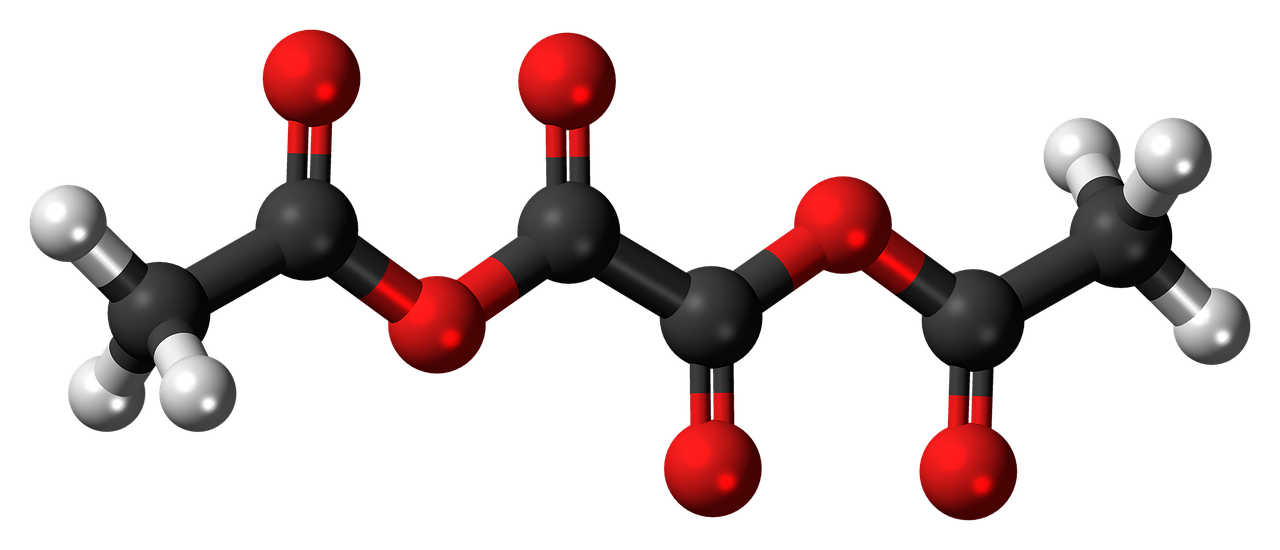Have you ever wondered about the delicate balance of your gut health and how various compounds can influence it? Understanding the interplay between oxalates and short-chain fatty acids (SCFAs) may provide some enlightening insights into your nutrition and overall well-being.
Understanding Oxalates: What Are They?
Oxalates are naturally occurring compounds found in many foods, particularly in plant-based sources. You might have encountered oxalates in foods like spinach, rhubarb, beets, and nuts. Though they can contribute important nutrients, they can also have adverse effects on certain individuals. It’s crucial for you to understand their role in your diet to make informed choices.
The Function of Oxalates in the Body
In your body, oxalates are formed as a byproduct of the metabolism of certain substances. They can bind with minerals such as calcium, potentially leading to the formation of kidney stones in susceptible individuals. But don’t let that freak you out just yet; not everyone experiences those negative effects. The way oxalates interact with your body and gut microbiome can truly affect how they impact your health.
Short-Chain Fatty Acids: A Brief Overview
Short-chain fatty acids, or SCFAs, are produced when the gut bacteria ferment certain types of dietary fiber. These SCFAs play a tremendous role in your gut health and beyond. They help regulate inflammation, enhance the integrity of your gut lining, and even help modulate your immune system.
Types of SCFAs and Their Benefits
There are three main types of SCFAs:
- Acetate: This is the most abundant SCFA and is crucial for numerous bodily functions, such as regulating cholesterol levels and acting as an energy source for cells.
- Propionate: This SCFA has been shown to inhibit fat storage and regulate appetite, making it vital for weight management.
- Butyrate: Known for its anti-inflammatory properties, butyrate provides energy to colon cells and plays a significant role in maintaining gut health.
If you’ve ever dived into the world of gut health, you’ve likely heard about SCFAs being associated with a healthy gut microbiome. When your body produces SCFAs effectively, you can often enjoy a range of health benefits.

The Link Between Oxalates and SCFA Production
The relationship between oxalates and SCFA production is complex and multifaceted. You might be thinking, “What do oxalates have to do with SCFAs, and why should it matter to me?”
Dietary Fiber and SCFA Production
Your diet plays a crucial role in SCFA production, particularly the intake of dietary fibers. When you consume fibrous foods, they’re fermented by gut bacteria, resulting in SCFAs. However, the presence of oxalates can influence this process.
High-oxalate foods, when consumed in excess, might not only affect mineral absorption but could also hinder SCFA production. This is due, in part, to how these compounds interact with your gut bacteria.
How Oxalates Affect Gut Microbiota
Have you ever thought about the balance of good and bad bacteria in your gut? High levels of oxalates can change this balance, leading to dysbiosis—a state where harmful bacteria outnumber the beneficial ones. A microbiome that thrives on fiber may struggle to produce adequate SCFAs if obstructed by oxalates.
Example of Oxalate-Rich Foods
| Food | Oxalate Content (mg per 100g) |
|---|---|
| Spinach | 970 |
| Rhubarb | 860 |
| Beets | 150 |
| Almonds | 475 |
| Buckwheat | 30 |
It’s clear from this table that oxalates are prevalent in certain foods, which is why it’s essential to be mindful of your choices, especially if you’re experiencing gut issues.
The Consequences of Impaired SCFA Production
You might be wondering why you should care about SCFA levels in your body. Impaired SCFA production can lead to various health problems, affecting not just your digestive system but your overall health as well.
Potential Health Impacts
- Inflammation: Low SCFA levels may contribute to heightened inflammation in your body, potentially exacerbating conditions like irritable bowel syndrome (IBS).
- Gut Barrier Dysfunction: SCFAs, especially butyrate, play a pivotal role in strengthening the gut barrier. A lack of SCFAs can lead to “leaky gut,” allowing toxins to enter your bloodstream.
- Metabolic Issues: Insufficient SCFA levels can impact your metabolism and may even influence weight gain or obesity.

Strategies to Manage Oxalate Intake
You have the power to take control of your diet to enhance your SCFA production while being mindful of oxalate intake. Here are some strategies that might help.
Diversifying Your Diet
It might be beneficial for you to incorporate a wide range of foods in your diet. Focus on fiber-rich foods with lower oxalate levels, such as:
- Cruciferous Vegetables: Broccoli, cauliflower, and Brussels sprouts are excellent choices.
- Fruits: Opt for apples, bananas, and berries, which are lower in oxalates while still providing beneficial fibers.
Cooking Techniques
Did you know that how you prepare foods can affect their oxalate levels? Certain cooking methods, like boiling, can reduce oxalate content in some foods. If you enjoy foods like spinach, try blanching or boiling it before consumption.
Consider Gut Health Supplements
There are various supplements you might consider, particularly fiber supplements, which can help support the growth of beneficial gut bacteria. Probiotics may also assist in restoring balance if you suspect dysbiosis.
The Role of Fermented Foods
Integrating fermented foods into your diet can positively influence SCFA production. Foods like yogurt, kefir, sauerkraut, and kimchi are not only rich in beneficial bacteria but can also enhance your gut’s ability to produce SCFAs.
Why Fermented Foods Matter
The consumption of fermented foods can help restore your gut microbiome. When beneficial bacteria flourish, they can better ferment dietary fibers into SCFAs, promoting overall gut health. This is a win-win; more good bacteria typically means you’ll enjoy an array of health benefits.

The Need for Personalization
Everyone’s body is unique, and the way you process oxalates and produce SCFAs can differ greatly from someone else’s experience. Your genetics, your overall diet, and your gut microbiome composition all play significant roles.
Identifying Your Tolerance
You might be wondering how to find a balance that works for you. Keeping a food diary can provide valuable insights. Document what you eat, noting any changes in your digestive health or overall well-being. This can assist in identifying high-oxalate foods that may negatively impact you.
Consulting Professionals
If you have concerns about oxalate intake or gut health, it might be wise to consult a healthcare provider or a registered dietitian. They can help you develop a personalized plan considering your health needs and dietary preferences.
Conclusion: Finding Balance in Your Diet
The relationship between oxalates and short-chain fatty acids is intricate and fascinating. While it’s essential to enjoy a variety of foods, being aware of oxalate content can empower you to make choices that support your gut health. You don’t have to eliminate all high-oxalate foods from your diet; instead, focus on moderation and balance.
Take charge of your health by educating yourself about what you consume. Recognize how these compounds interact in your body and how you can optimize your SCFA production for better overall wellness. Your journey toward a healthier gut is a personal one, but with the right knowledge and tools, you can improve your well-being in profound ways.


